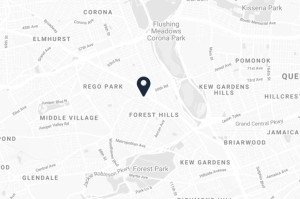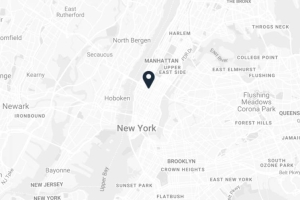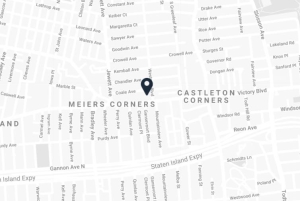Looking at slip and fall cases on business property, P.2
LOOKING AT SLIP AND FALL CASES ON BUSINESS PROPERTY, P.2
| Jan 25, 2016 | Premises Liability |
Last time, we mentioned the importance for businesses of managing liabilities for premises liability claims. These include not only slip and fall type cases, but also other premises liability claims, including those involving violent crime, wrongful prevention of theft, food poisoning and accidents which occur on construction sites.
We mentioned last time that there are various defenses that may apply in premises liability cases. In addition, it is also the case in New York that trespassers typically are not able to hold property owners accountable for injuries that occur on property upon which they trespass. This is generally true even in cases where the property owner knew of the dangerous condition, though there are certain exceptions, such as cases where the property owner knew of the trespasser and cases where the injury occurred because of an “attractive nuisance.”
Premises liability in the context of workplace injury is an important issue for workers to be aware of, particularly given the fact that there is limited ability to seek compensation for workplace injuries. Generally speaking, workers are limited to obtaining compensation for workplace injury through the workers’ compensation system. This principle is known as the exclusive remedy rule. There are certain exceptions to the general rule, such as when an employer is deemed to have acted intentionally in causing the injury and when the employer fails to maintain insurance.
Those who are injured on a business property or while on the job are advised to notify the property owner as soon as possible and do everything necessary to document the accident, including filing workers’ compensation claims. Working with an experienced attorney can help determine the best way to seek compensation in the case and can give one the best chance of maximizing their recovery.
Sources:
New York City Bar Association, “Premises Liability,” Accessed Jan. 25, 2016.
American Bar Association, “The Exclusive Remedy Provision State-by-State Survey,” Randall, Reiter and Ranta, Accessed Jan. 25, 2016.



